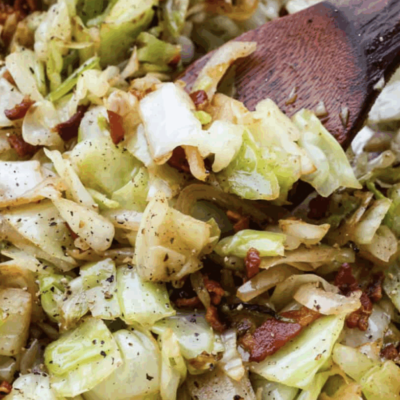[ad_1]

Some people take creatine as a supplement to boost exercise performance
Casimiro / Alamy
Tobacco plants have been engineered to contain creatine, a compound that is mainly stored in our muscles as a source of energy and is a popular exercise supplement. Researchers are now testing the approach in tomatoes.
Animal products are the only natural source of creatine, but it is also made artificially for supplements that claim to improve athletic performance and muscle mass. Pengxiang Fan and his colleagues at Zhejiang University in Hangzhou, China, wanted to explore whether plants could be engineered to contain creatine, which would be particularly beneficial for vegans who don’t want to take such supplements.
The researchers first made DNA that codes for two enzymes that turn amino acids into creatine. They then inserted this DNA into Agrobacterium bacteria, which delivered it into the leaves of three tobacco plants (Nicotiana benthamiana).

Researchers have modified tobacco plants to produce creatine, and they hope to do the same with edible plants
Sean Gallup/Getty Images
After about three days, the leaves went from containing 0 micrograms of creatine to 2.3 micrograms of creatine per gram of leaf, on average.
The researchers repeated the experiment using DNA that codes for enzymes that make the molecule carnosine, another popular exercise supplement. A few days later, carnosine levels were 18.3 micrograms per gram of leaf, on average, compared with 0 micrograms at the start. The large variation in the final creatine versus carnosine levels was partly down to differences in the DNA that was used, says Fan.
But the creatine and carnosine only stayed at these levels for a few days because the DNA wasn’t inserted into the plant genomes, says Fan. The next step is to genetically alter the DNA of plants to produce the nutrients for longer periods, he says. His team is already engineering tomato plants to produce creatine and carnosine in the fruit as it ripens.
Fan expects to have made such tomatoes in about a year, but getting them onto supermarket shelves will probably take many years due to heavy regulation around genetically modified food, he says.
Fruit and vegetables that contain such nutrients would be much more convenient for some people than taking supplements, says Jose Antonio at Nova Southeastern University in Florida. Creatine and carnosine are also considered safe at high doses, so eating such produce probably wouldn’t be harmful, he says.
Topics:
[ad_2]
Source link




